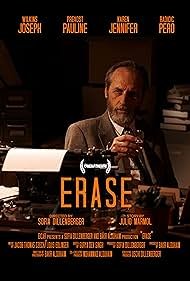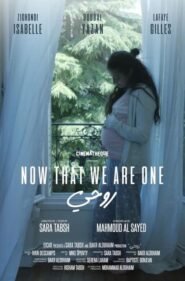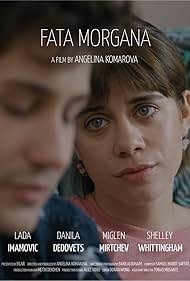Bakr Alduhaim _ the Producer



During the 2023 Red Sea International Film Festival [RedSeaIFF], I had lunch with Bakr Alduhaim and was captivated listening about the pivotal moment that propelled him into a career in cinema. Alduhaim, a Saudi Arabian producer and cinematographer, shares a life story that resonates with the recent history of his country, Saudi Arabia.
Alduhaim’s professional trajectory underwent a significant shift after an accident when he was studying in the USA. During his recovery, he managed to reassess his career choices, opting for cinema over more traditional expectations of pursuing an engineering career. This shift allowed him to pursue his true passion: cinema. Alduhaim’s journey serves as a metaphor for his country’s recent history, where both, on different levels but with similar sensitivity, faced transformative decisions along their paths. Alduhaim, much like Saudi Arabia, had to reconsider his [professional] identity and firmly redirect his future based on his true values and passion. In a straightforward sense, this mirrors the progressive changes in Saudi Arabia as a nation, exemplified by the lifting of the cinema ban, among other values being re-evaluated. Alduhaim’s career stands as a testament to a promising future, with titles such as “Now That We Are One” [2019], “Fata Morgana” [2019], and “Erase” [2018] to his credit as a producer.
Read below more from our chat, where Alduhaim explores his career, the RedSeaIFF, and his personal preferences regarding films and filmmakers.
[Alex Babboni] Can you tell us a little about the process that led you to pursue a career in cinema?
[Bakr Alduhaim] From a young age, I’ve always been into art, whether it’s painting – as I used to paint the artwork on the school walls during elementary school, or photography – as I was the designated family photographer. As I grew older, that passion for art grew with me, as well as the thought of needing to have an actual job to support myself, so I decided to study and have a career in Computer Engineering. I packed my bags and moved to the United States: that was where I extended my passion for photography and cinematography while working in the college newspaper. Diving into cinematography got me hooked and, at that moment, I realised that I wanted to be a cinematographer full time, even though it was in 2013, when the cinema industry didn’t even exist in Saudi Arabia. I worked as a cinematographer and producer for so many years until I decided, more recently, to focus on producing and sharing the local stories with the world. That little kid who painted the walls and ran around with a camera in his hands still lives within me and motivates me to do more.
[Babboni] How significant is the RedSeaIFF in terms of its contribution to your development in the industry?
[Alduhaim] After years of working in the international cinema industry, especially the European cinema, I had never dreamed of having such a festival in my home country. Since 2021, the RedSeaIFF has played a big role in my career development, as I took part in the Red Sea Lodge in partnership with TorinoFilmLab, which expanded my knowledge of co-production world and widened my professional network, which continued to expand year after year. I started as a participant in 2021 to being an expert in the 48h Film Challenge in 2022 and 2023 and being a mentor in the Cannes Makers program in 2023 – that is a testament of the role that the RedSeaIFF played in my development as filmmaker.
[Babboni] Which film directors do you admire the most and could you share some of your favourite films with us?
[Alduhaim] As a producer, I’ve always been fascinated by the work of directors such as Martin Scorsese and David Fincher, in the way that they could make deep and artistically rich films yet mainstream and were able to succeed in the box office. As I am a producer with background in cinematography, I’ve always been attracted to films which have an aesthetic appeal to them, such as “No Country for Old Men” [2007] and other films by Roger Deakins as cinematographer. Films like “The Shining” [1980] and “Seven” [1995] really traumatised me to the point where every time someone around me said the word ‘Box’ I would say ‘What’s in the boooox!’. “Rashomon” [1950] by Akira Kurosawa opened my eye to a totally different kind of film, during my Film Study classes at the university.
[Babboni] As a producer/cinematographer, your voice carries great significance. What message or views do you aspire to share?
[Alduhaim] There are so many untapped local stories in Saudi Arabia which are worth exploring and sharing with the world. Cinema is an escape from reality to a parallel universe, where we see a world that looks like our world, yet it takes us on a magical journey that makes us question our reality. I like to make films that dig deep into our local stories but with universal themes, which so many people around can relate to.

